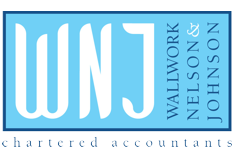Calls to raise VAT threshold
The government has been urged to raise the VAT threshold amid warnings interest rates are a ‘straitjacket” on business investment.
The call follows the Bank of England’s decision to increase interest rates by 0.5 points to five per cent. Some financial experts believe that rate will have to go up even further as the bank battles to tackle inflation.
The Federation of Small Businesses (FSB) national chair Martin McTague has warned of the risk of economic slowdown. He said: “We are standing at a crossroads. Inflation and interest rates are unrelenting.”
The FSB wants to see the VAT threshold raised from £85,000 to £100,00 to help businesses and consumers.
It says such a move could “cushion” some of the hardest blows of inflation, preventing tax increases from exacerbating the impact of price hikes on businesses and in turn, their customers.
The organisation is also calling on energy suppliers to allow firms to ‘blend and extend’ their contracts so they can take advantage of lower wholesale prices.
And it believes late payments should also be a top priority for government, warning unpaid invoices can stifle growth and stability.
Spelling out the case for raising the VAT threshold Martin McTague said: “An increase in interest rates comes as no surprise – it’s a tried-and-trusted lever to pull in such times – but the size of the increase will hurt, and rate rises are not a magic wand in reducing inflation.
“This was driven by the highest core CPI rate in 30 years, but it has significant repercussions for everyone, not least for the 1.5 million on variable mortgages.
“While higher interest rates are a tool to control inflation, the weight of escalating costs means consumers have less disposable income to circulate in the economy.
“When the money in their pockets is worth less, the upshot is reduced sales for businesses.
“It’s like adding another heavy load to an already full plate. Banks have a responsibility to show understanding and patience, especially to those who took variable-rate Coronavirus Business Interruption Loans (CBILS) and are now faced with higher costs.
“Instead of treating loans as just another expense, we need to think of them as a lifeline to keep small businesses trading during these challenging times.
“High street retailers, start-ups, local bakeries, and tech innovators alike are all feeling the pinch.
“As the weight on the small business and self-employed community grows heavier, we must strike a delicate balance. Our entrepreneurs need room to breathe, room to innovate and crucially room to grow.”
• To discuss any issues raised by this article please contact me on 01772 430000




